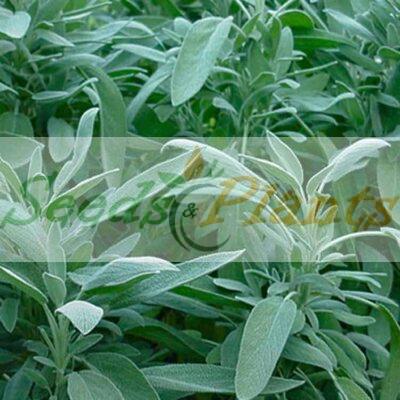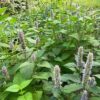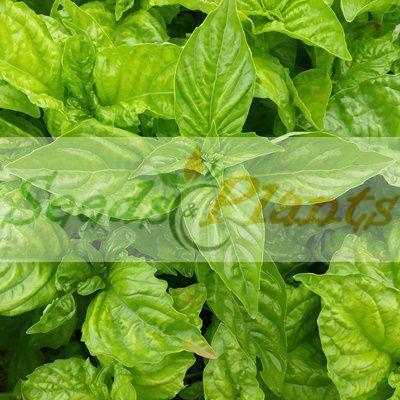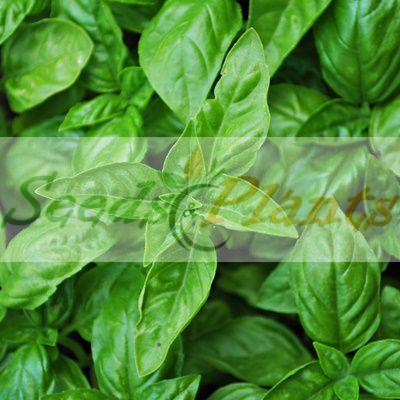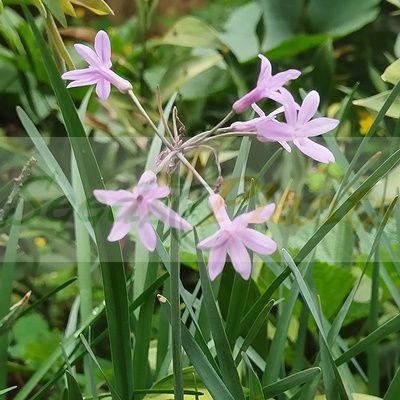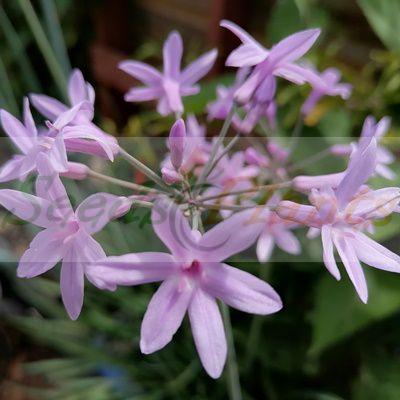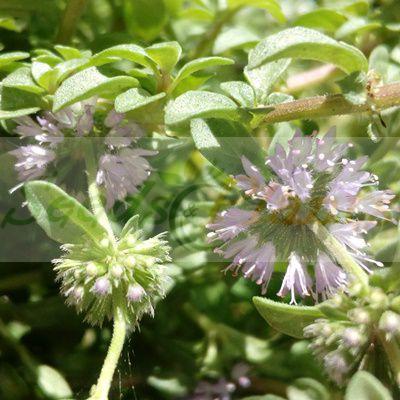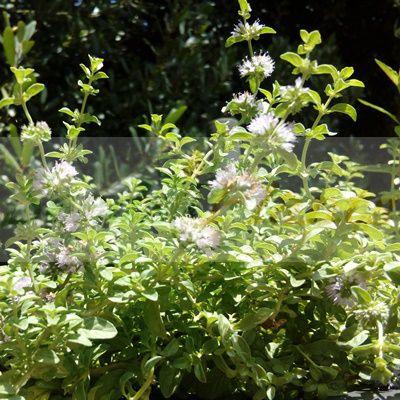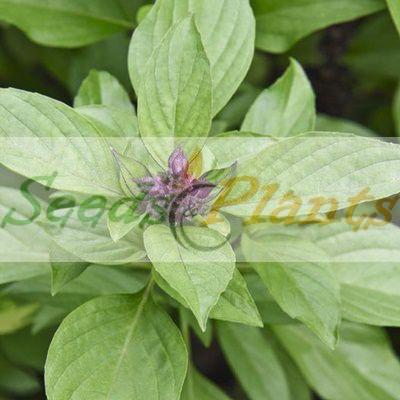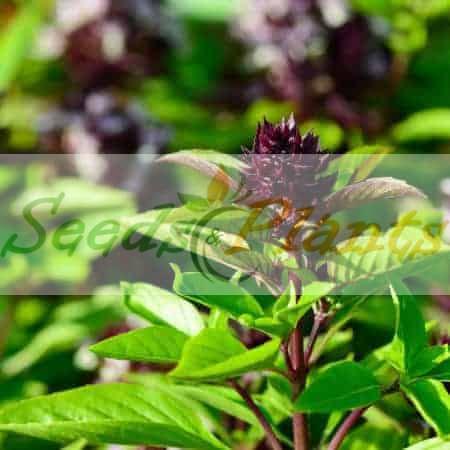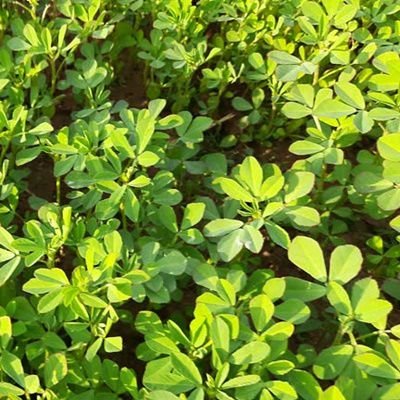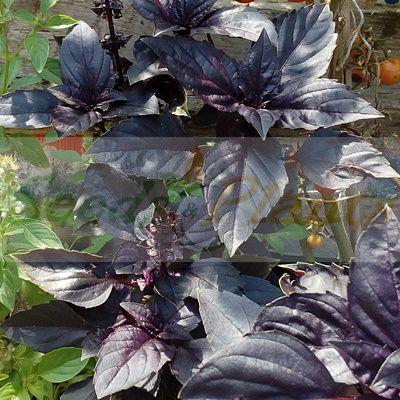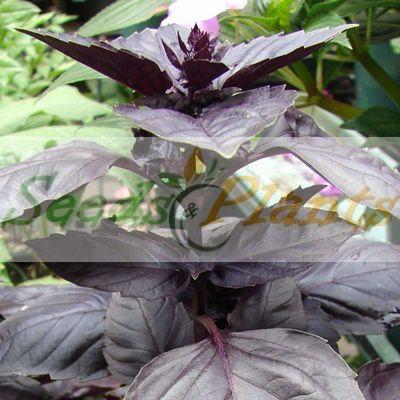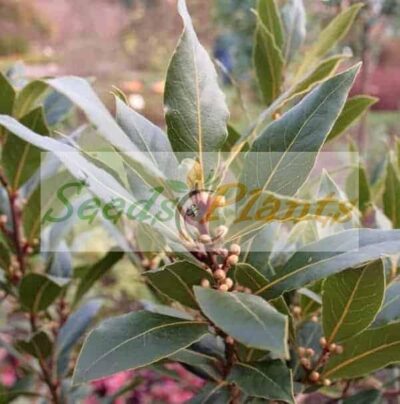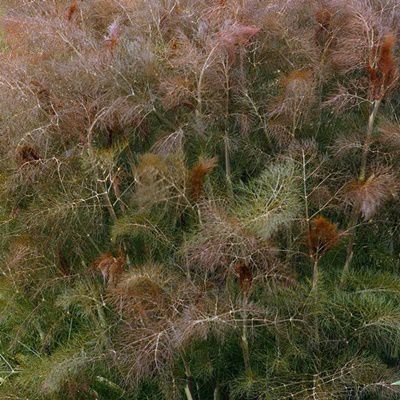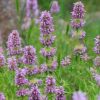🍃 Culinary Quick Facts
Growth Traits
- 🌱 Life Cycle: Perennial
Lemon Bergamot – 20 Seeds
(Monarda citriodora)
R30.00
Lemon Bergamot is known for its attractive purple-colored flowers and the distinctive lemon scent its leaves produce when rubbed or crushed. This herb has both culinary and medicinal uses.
Common names: Lemon mint, Purple horsemint, Lemon bee balm, Purple lemon mint, Lemon horsemint and Lemon bergamot.
Indoor Sowing: Autumn.
Direct Sowing: Autumn.
Out of Stock
Email me when the product is back in stock.
🍃 Culinary Quick Facts
Growth Traits
- 🌱 Life Cycle: Perennial
Lemon Bergamot (Monarda citriodora) is a species of flowering plant in the mint family, Lamiaceae. Common names include Lemon mint, Purple horsemint, Lemon bee balm, Purple lemon mint and Lemon horsemint.
Monarda citriodora is known for its attractive purple-colored flowers and the distinctive scent its leaves produce when rubbed or crushed. The smell is reminiscent of lemons, which is why the plant is commonly known as lemon mint.
It is a short-lived perennial, often grown as an annual or biennial.
Lemon Bergamot Culinary Uses
- Add flower petals and chopped leaves to salads, fruit cups and fruit drinks.
- Add to pork and game dishes.
- Use the leaves to make a tea.
Lemon Bergamot Other Uses
- Insect repellent. The essential oil of lemon mint contains citronellol, which makes it useful as an insect repellent.
Lemon Bergamot Medicinal Benefits
- Teas made from the leaves can treat colds, coughs, fevers, and respiratory problems.
Growing Lemon Bergamot
Indoor Sowing: Autumn.
Direct Sowing: Autumn.
- The seeds can be sown in autumn.
- Make sure to not sow them deeper than one inch.
- Seedlings typically start to appear in 3 weeks, but you should wait for another three weeks before transplanting them.
- The plant prefers full sun, but grows in partial shade as well.
- It prefers soils containing a high percentage of clay, but it can easily tolerate other soil types too.
- The soil needs to be well draining.
- The plant grows best when its soil is kept continuously moist. Water it regularly and do not let the soil completely dry out as dry soil makes the plant vulnerable to foliar diseases.
Disclaimer
Medicinal Information:
All medicinal information on this website is for educational and informational purposes only and may not be construed as medical advice. The information is not intended to replace medical advice or treatment offered by healthcare professionals.
Seeds, Plants, Plant Cuttings, Geophytes and Dried Herbs:
In some countries and provinces, certain plants are deemed as invasive and are not allowed to be planted at all, whilst some plants are allowed to be grown only in certain areas or provinces. The onus is on you as the buyer to familiarize yourself with the regulations pertaining to your location, before purchasing any of our seeds, plants, plant cuttings, geophytes or dried herbs. We will not be held liable, should you purchase any seeds, plants, plant cuttings, geophytes or dried herbs. from us which are prohibited in your country or province.

